(CLO) A recent report by the Global Water Economy Commission warned that humans have disrupted the natural balance of the global water cycle, an unprecedented event in human history.
Overexploitation of land and poor water management, combined with the human-caused climate crisis, have put the Earth's water cycle under unprecedented pressure, the Global Water Economy Commission says.
The water cycle is an important natural process that occurs continuously and without stopping. Water evaporates from lakes, rivers, and plants, then forms water vapor in the atmosphere. The water vapor condenses into clouds and falls to the ground as rain or snow.
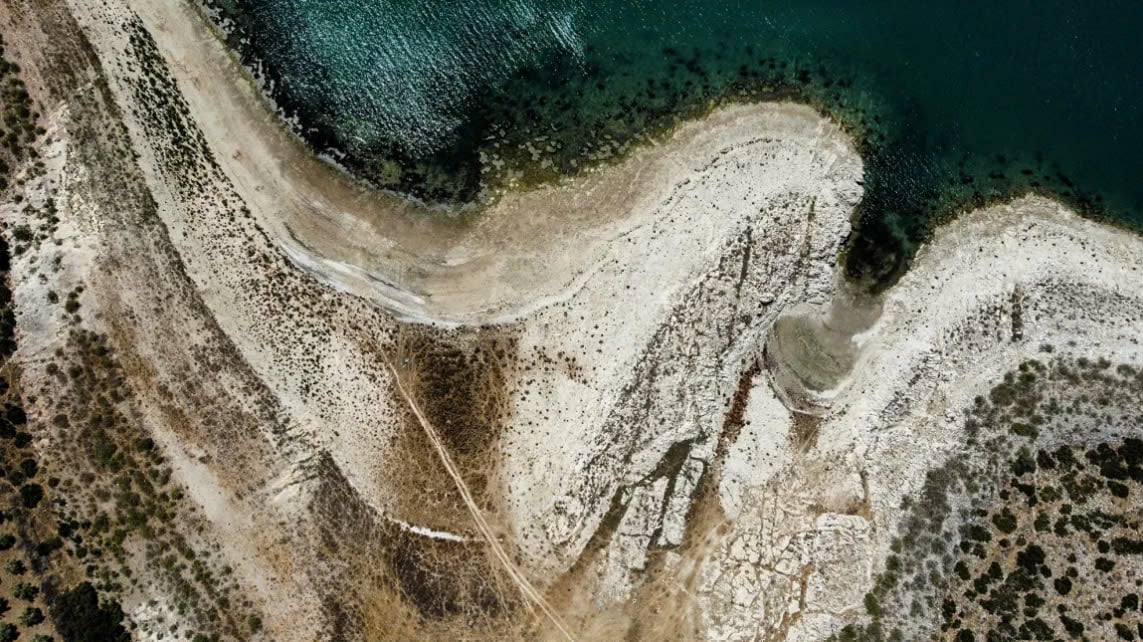
Lake Yliki in Boeotia, central Greece, at low water levels on July 11, 2024. Photo: Getty Images
Disruptions to the water cycle have left nearly 3 billion people without water. Crops are wilting and cities are sinking as groundwater dries up.
Without immediate action, the water crisis could threaten more than 50% of global food production and reduce countries’ GDP by an average of 8% by 2050. Low-income countries in particular could suffer losses of up to 15%.
We have thrown the water cycle out of balance, making rain no longer a reliable source of fresh water, says Johan Rockstrom, co-chair of the Global Water Economy Commission.
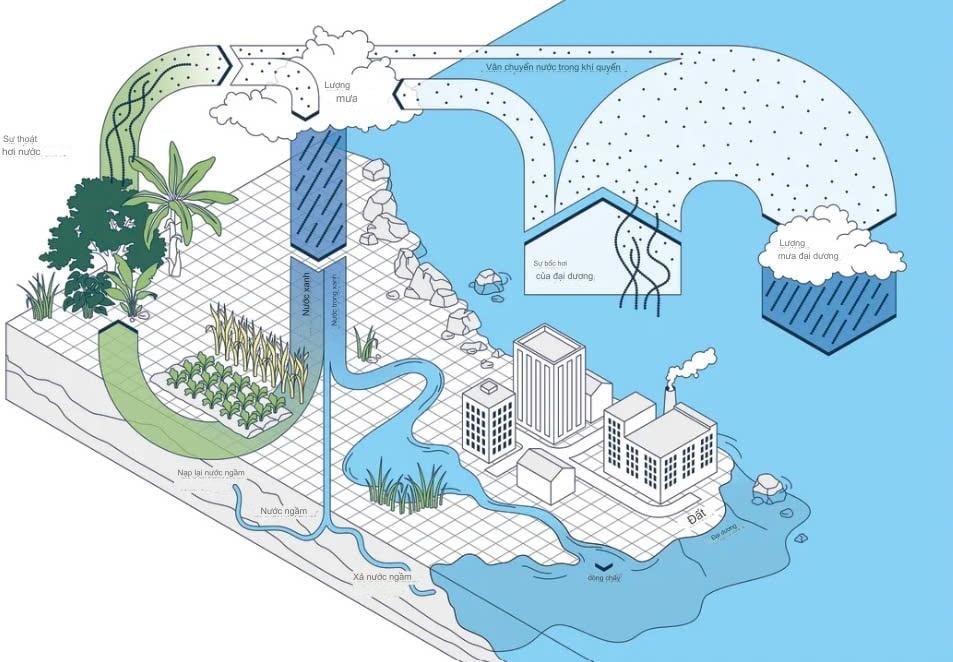
Illustration of the movement of "green water" and "blue water" through the global water cycle. Photo: Commission on the Global Water Economy
Although often overlooked, “green water” plays an integral role in the water cycle. Plant transpiration provides about half of all precipitation on land.
The report points out that disruption of the water cycle is deeply linked to climate change.
A steady supply of “green water” is essential to supporting carbon-storing vegetation, but the destruction of wetlands and deforestation is depleting these carbon sinks, contributing to global warming. Climate change is making landscapes drier, reducing moisture and increasing the risk of wildfires.
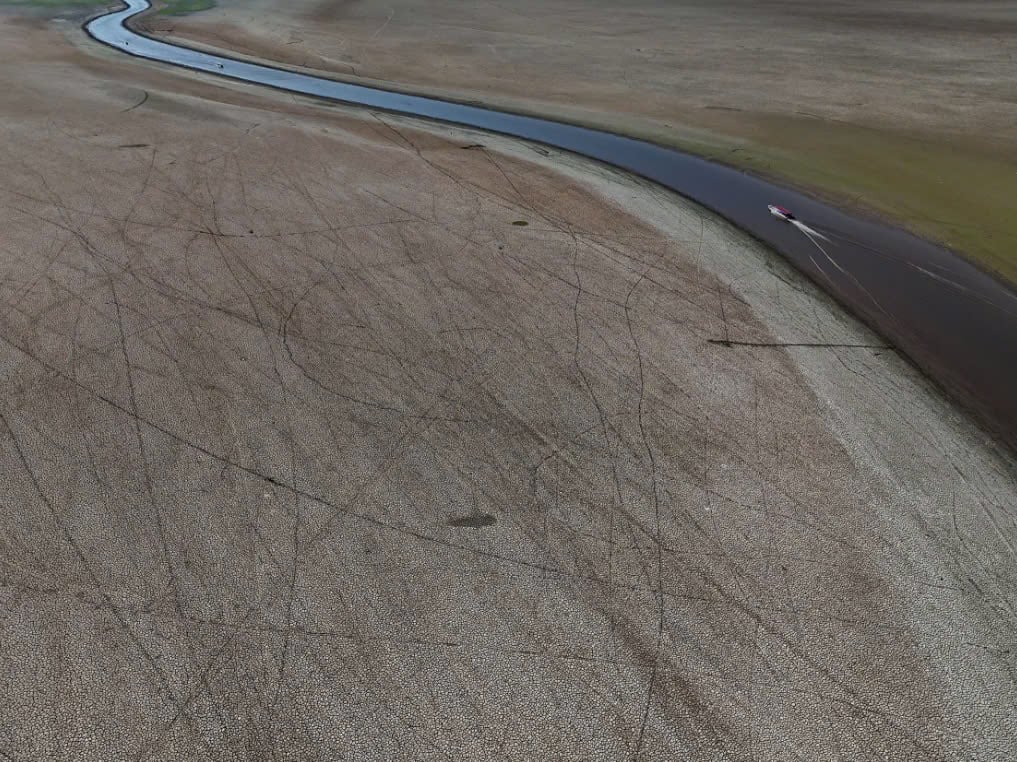
The Rio Negro river in Manaus, Brazil, as water levels hit their lowest levels ever recorded during the most intense and widespread drought the country has experienced since 1950. Photo: Reuters
The water crisis is exacerbated by rising water demand. The average person needs about 4,000 liters of water per day, far more than the 50 to 100 liters that the United Nations considers adequate for basic needs, and many areas cannot meet this demand from local water sources.
Human activities are changing the texture of the land and air, warming the climate and intensifying extreme wet and dry events, according to Richard Allan, professor of climate science at the University of Reading. He stressed that this crisis can only be solved by better management of natural resources and reducing pollution.
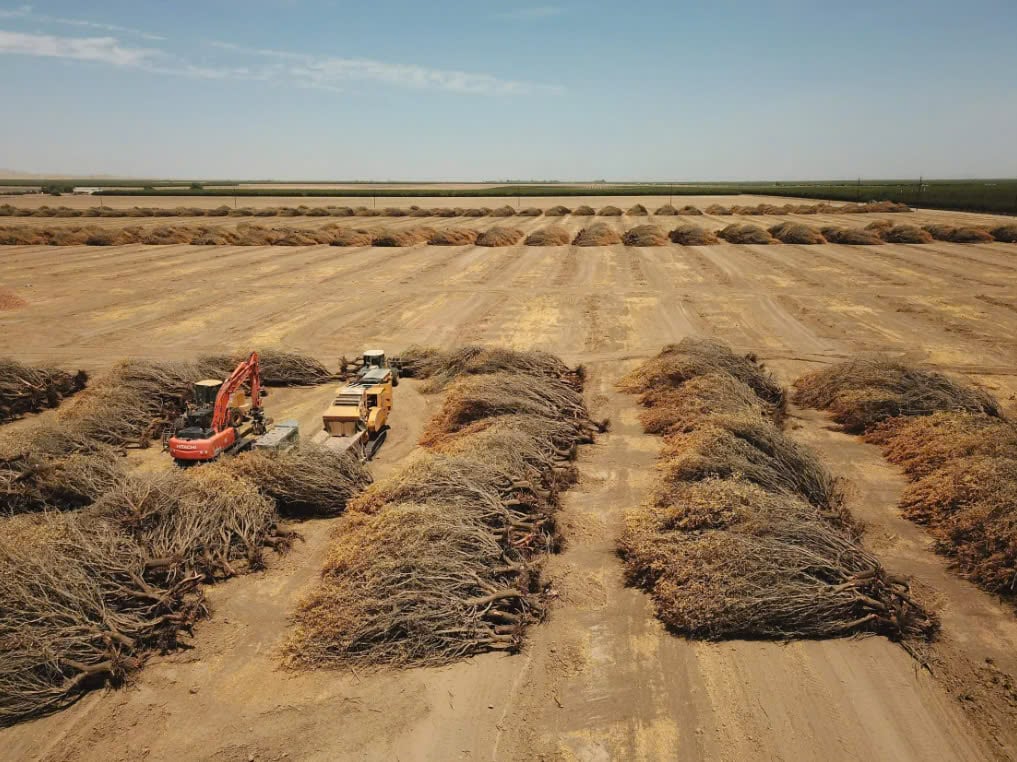
Almond trees removed by farmers due to lack of irrigation water in Huron, California. Photo: Getty Images
The report’s authors call on countries to recognize the water cycle as a “common good” and work together to address it. They note that countries depend on each other, not only through transboundary lakes and rivers but also because water in the atmosphere can influence rainfall in faraway places, so decisions in one country can impact others.
Water is the “bridge” between countries. Countries need to cooperate because water is not only limited within borders but also moves through the atmosphere. The decisions of one country can affect the water resources of many other countries."
Ngozi Okonjo-Iweala, Director-General of the World Trade Organization and Co-Chair of the Commission, said the global water crisis was a tragedy but also an opportunity to transform the economics of water. She stressed that pricing water properly was necessary to recognize its scarcity and the benefits it provides.
Ha Trang (according to CNN)
Source: https://www.congluan.vn/bao-cao-vong-tuan-hoan-nuoc-toan-cau-lan-dau-bi-pha-vo-trong-lich-su-loai-nguoi-post317497.html





![[Photo] General Secretary To Lam attends the 80th anniversary of Vietnam's diplomacy](https://vstatic.vietnam.vn/vietnam/resource/IMAGE/2025/8/25/3dc715efdbf74937b6fe8072bac5cb30)



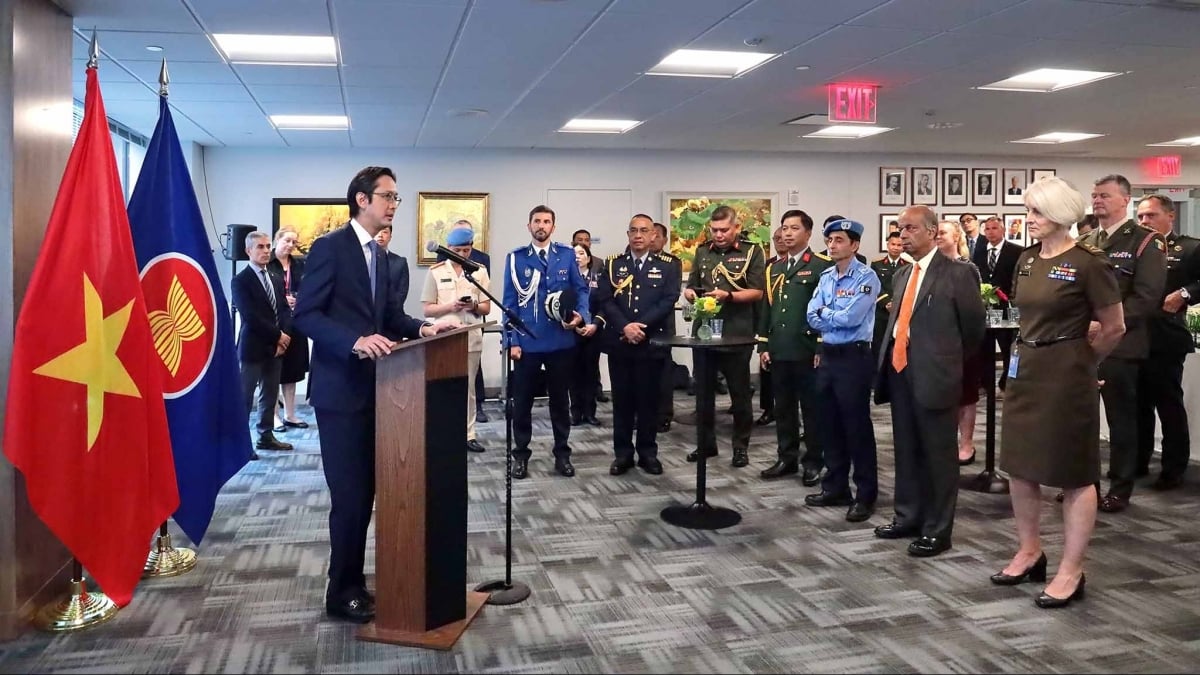







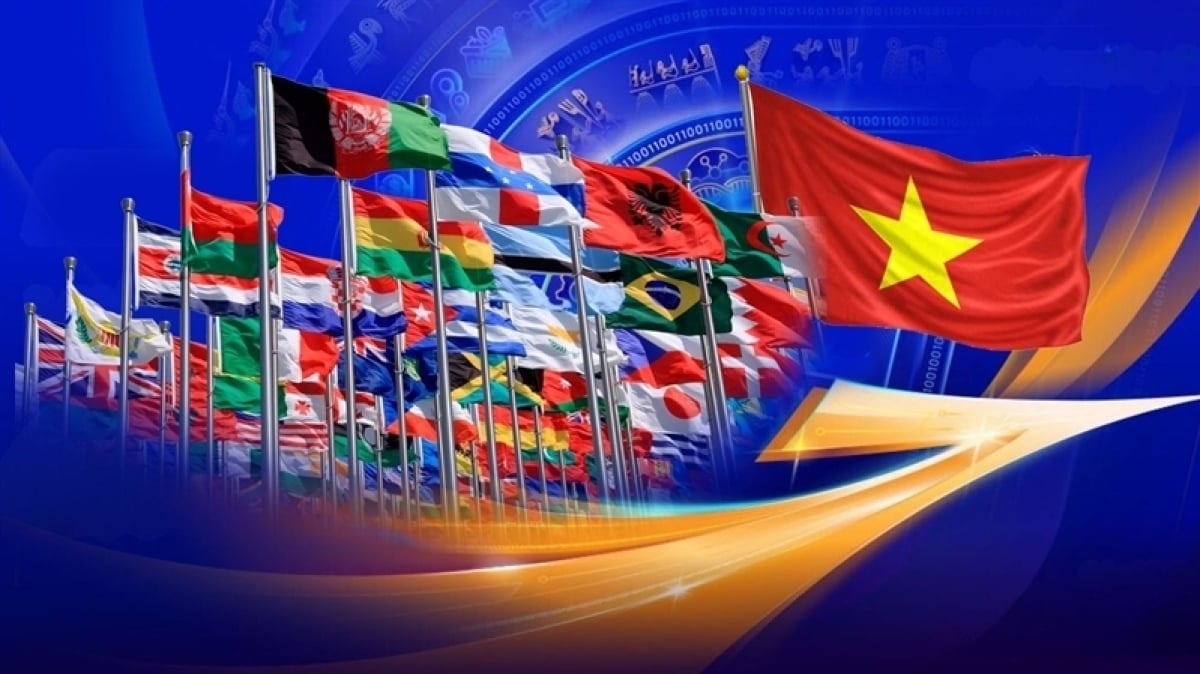








































































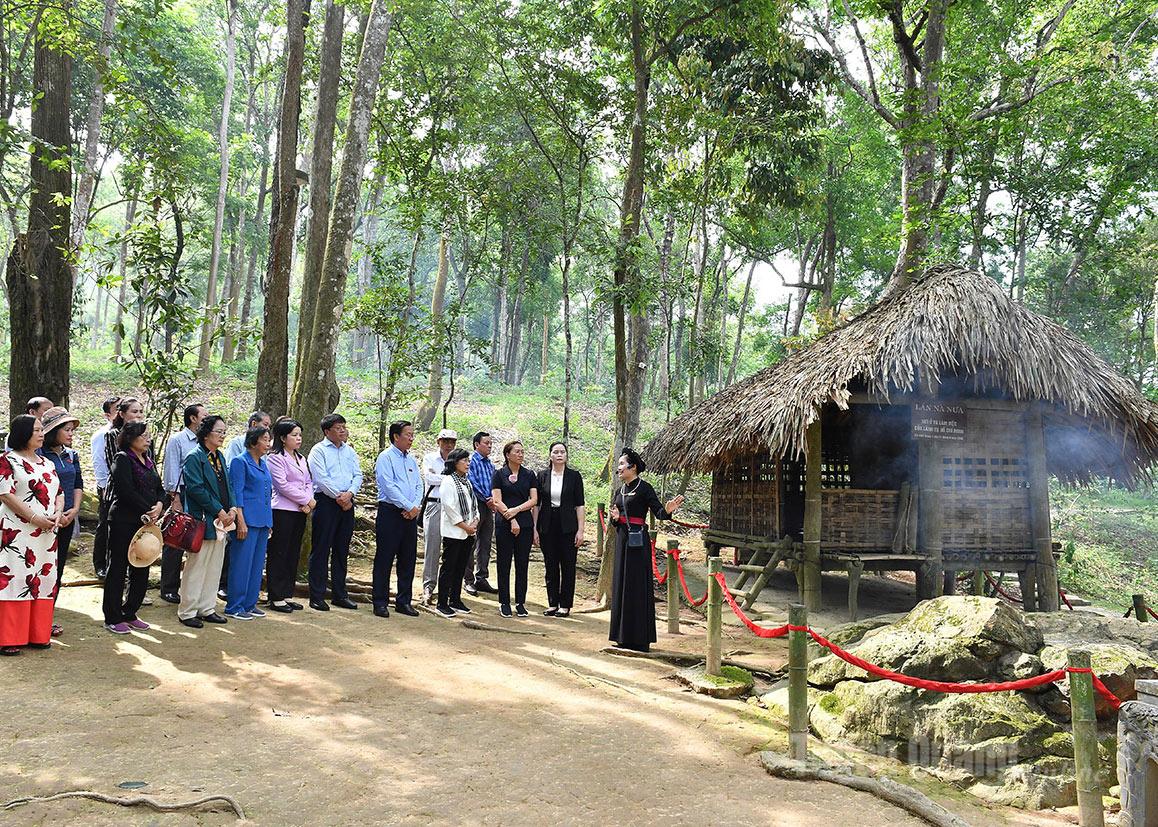
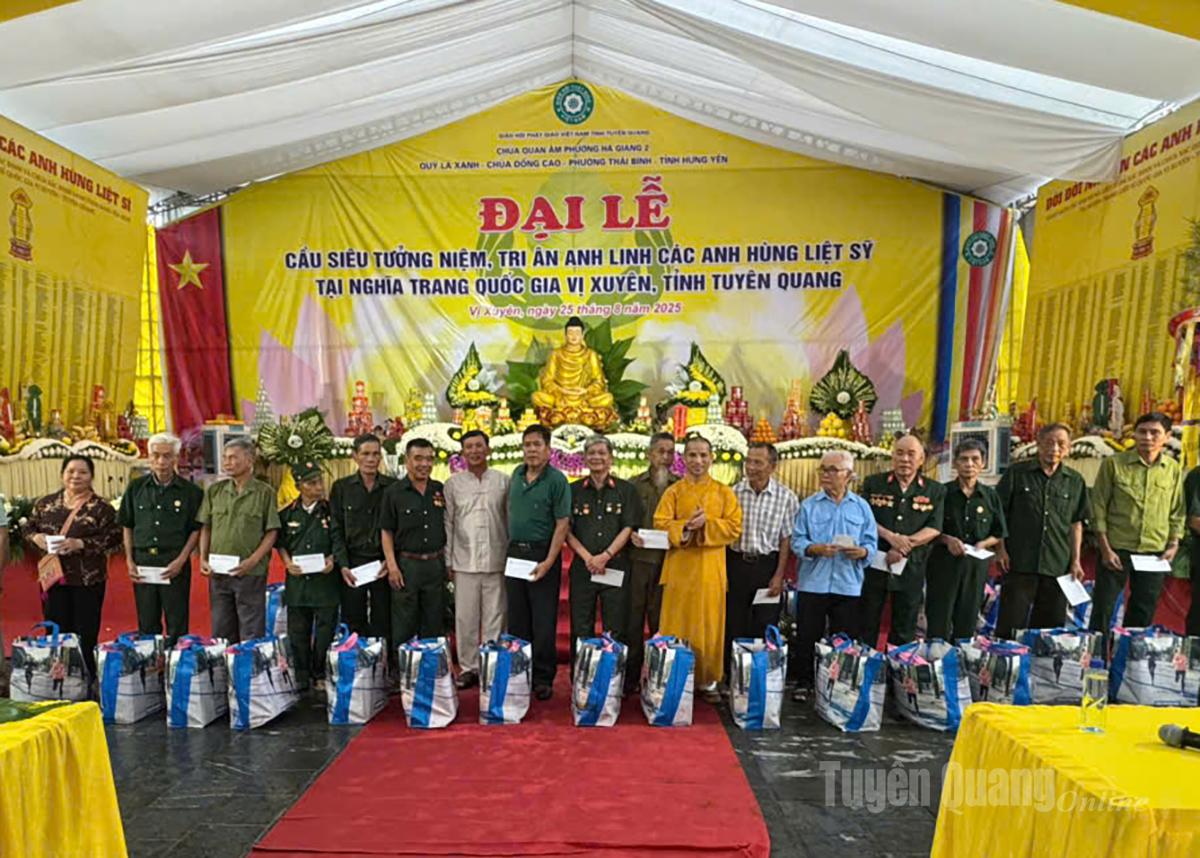


















Comment (0)